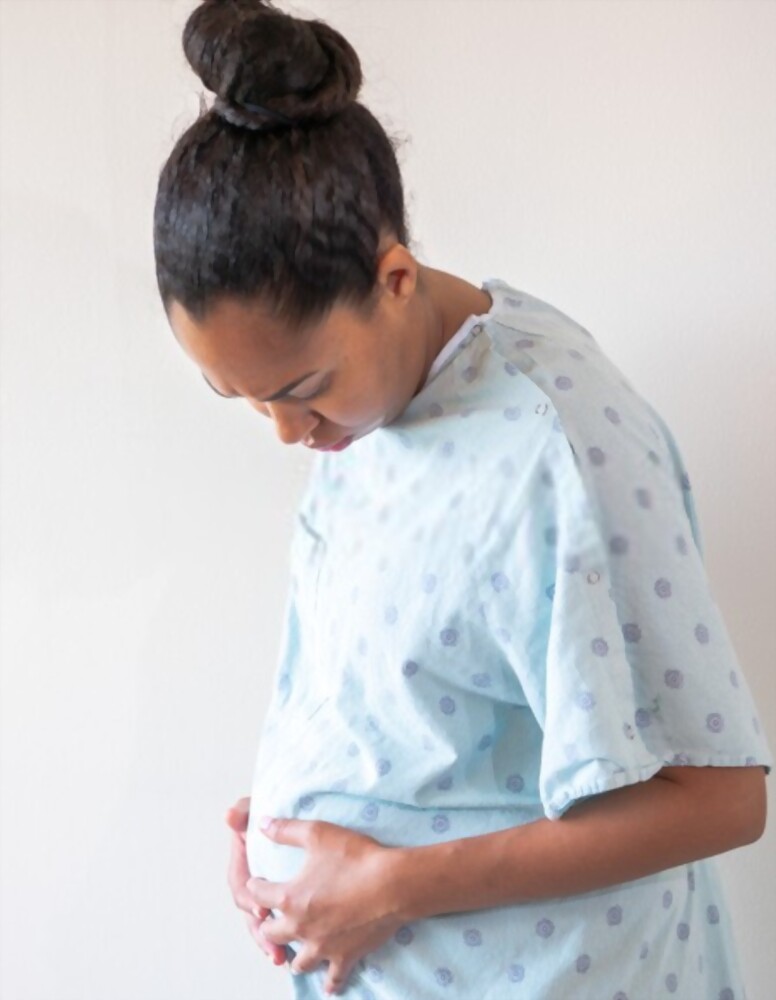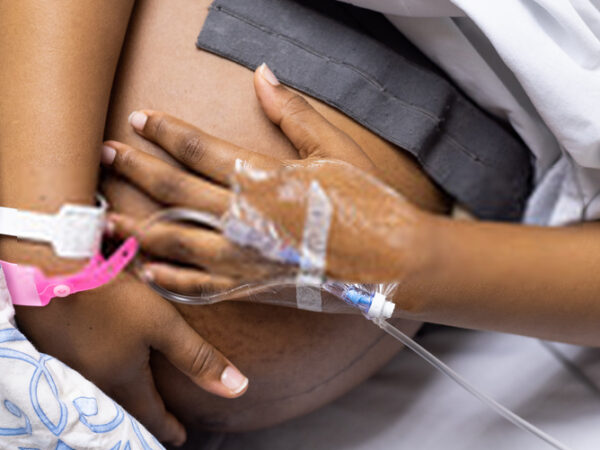
Preterm Contraction and Labour, Antepartum Haemorrhage, Miscarriage, Intra Uterine Fetal Death
Although pregnancy is typically marked by certain conditions and predispositions, some signs may indicate the need for medical intervention. Click here if you missed this article on Danger Signs in Pregnancy.
Preterm contraction for instance, if left untreated, can progress to preterm labour. Preterm contraction is when a woman’s uterus begins to undergo painful contractions before a baby has reached ‘term’. It is not the same as Braxton-Hicks contraction which is the body’s way of preparing for real contractions, and which is painless or at most uncomfortable. In Africa, contractions between 28 weeks and 37 weeks of pregnancy are classified as preterm. Premature Labour occurs when the cervix begins to open up with preterm contractions.
Multiple pregnancies have a higher risk of preterm contraction. Also, excess amniotic fluid in the womb as a result of diabetes, syphilis or a large placenta may put tension on the abdomen and lead to preterm delivery. Preterm contraction could also be caused by uterine fibroids or cervical infections, urinary tract infections, malaria, respiratory tract infections or typhoid. Inadequate intake of nutrients from the placenta as a result of alcohol, smoking, drug use or long-standing hypertension could also lead to preterm contraction.
Discharge in pregnancy is abnormal if it is smelly, discoloured, excessive and itchy. It could be a sign of cervical infection and should be reported promptly. Stress in the form of work-related, marital, family or domestic stress, bad roads or staying in traffic for long, may also result in preterm contractions. Reduce whatever results in stress for you as much as possible. If you notice any of the symptoms mentioned, please visit the hospital for a review early.
Antepartum haemorrhage (APH) is bleeding in pregnancy, after 28 weeks. One cause of this is placenta previa; where the placenta occupies the lower part of the womb. Risk factors for placenta previa are past caeseran sections, fibroid surgeries, or multiple pregnancies. Another cause is abruptio placenta; where the placenta tears off. Abruptio placenta may be a result of uterine overdistension (increased amniotic fluid volume), smoking, drug use, trauma or hypertension.
In the African context, miscarriages are termination of pregnancy that happens before 28 weeks. The most frequently known cause is a chromosomal or genetic abnormality. Other causes are untreated pelvic inflammatory disease, repeated infections, inadequately treated diabetes or thyroid disease, clotting disorder and fibroids that occupy inside of the womb.
Intra-Uterine Fetal Death (IUFD) is the death of the baby within the womb. Antepartum hemorrhage and miscarriage could lead to IUFD. It could be as a result of maternal (fever, diabetes, hypertension, bleeding), fetal (multiple pregnancies, rhesus incompatibility, congenital anomaly) or placenta reasons (umbilical cord issues, abruptio placenta). Watch the entire session by Consultant Gynecologist, Dr. Monday Ikhile below.



